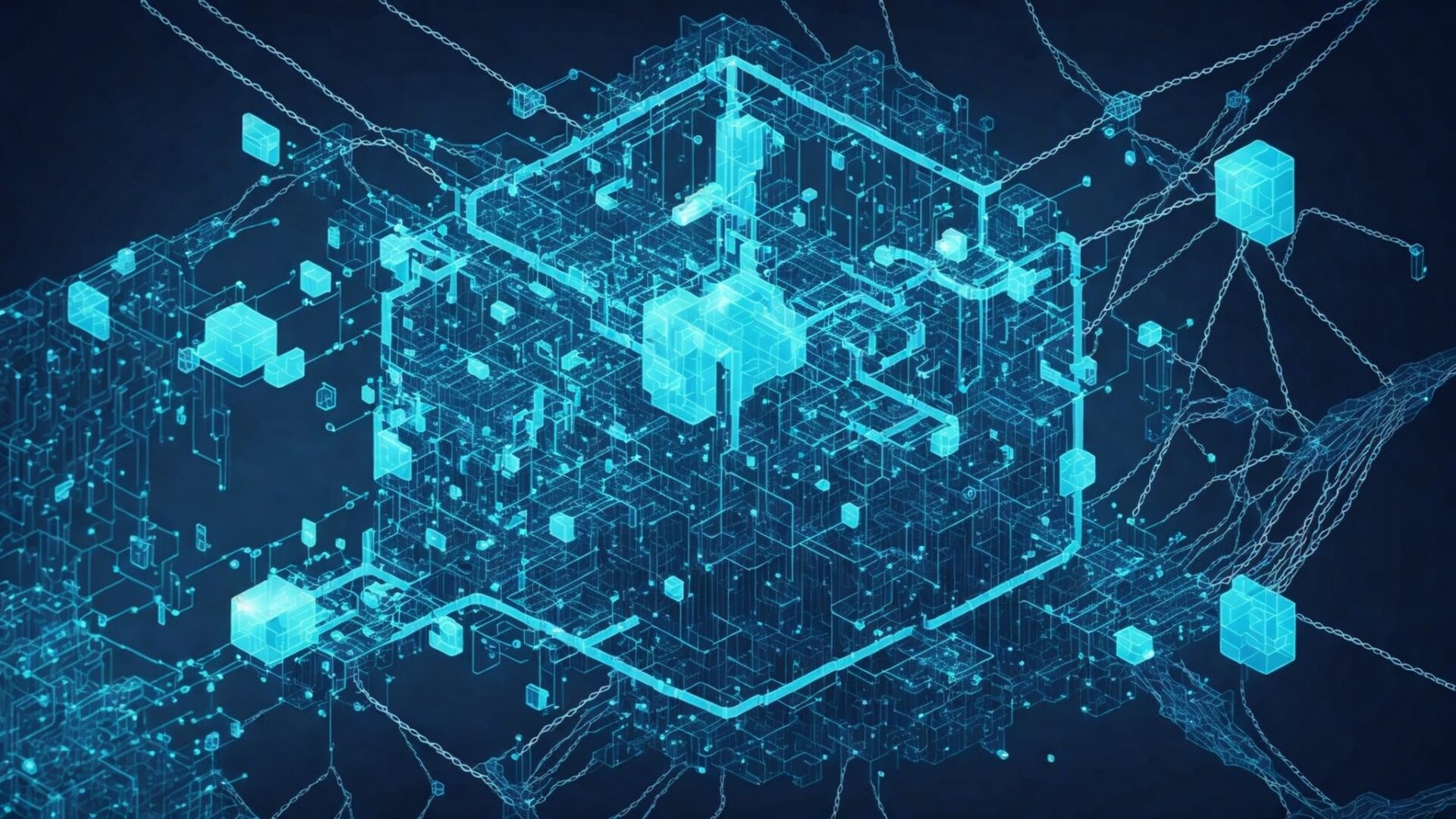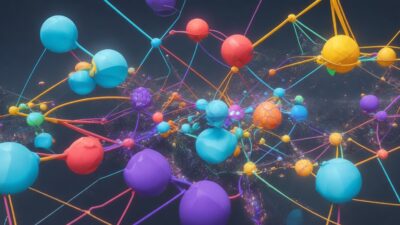dApps: The New Wave of Decentralized Applications

Decentralized applications or dApps are the avant-garde in the blockchain arena, offering innovative solutions and enhanced decentralization. Let’s traverse through the multifaceted nature of dApps and understand what makes them unique.
Unraveling dApps
At the forefront of the blockchain evolution, decentralized applications or dApps stand tall. These applications operate within a blockchain network or a peer-to-peer (P2P) system. The key difference from their traditional counterparts is the absence of a controlling authority. Typically, dApps are spawned in an open-source framework.
How dApps Operate
The heart of a dApp is the smart contract – a type of self-executing contract with the contract terms inscribed in the code. The presence of smart contracts on the blockchain assures the processes are transparent, immutable, and immune to censorship.
Significance of dApps
- Decentralized Governance: With no central authority, dApps provide superior transparency and reduce the potential for malicious activities.
- Enhanced Security: The blockchain backbone of dApps offers formidable security. Alterations are only possible with the consensus of the network.
- Open Source Nature: Given that a majority of dApps are open-source, the code is available to all for inspection and improvement.
- Token Economy: Tokens are often used in dApps to incentivize user participation and facilitate transactions within the ecosystem.
dApps in the Real World
The scope of dApps extends over numerous sectors. In the financial industry, they offer decentralized financial (DeFi) services. In gaming, they bring forth decentralized gaming platforms, empowering players to own and trade virtual assets. In the realm of social media, dApps present an alternative to conventional platforms, offering users increased transparency and data control.
Wrapping Up
dApps signify a fresh chapter in the sphere of application development, promising decentralization, security, and transparency that traditional apps fall short of. As blockchain technology continues to evolve, the universe of dApps is expected to broaden, both in terms of quantity and diversity.




